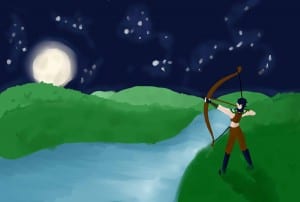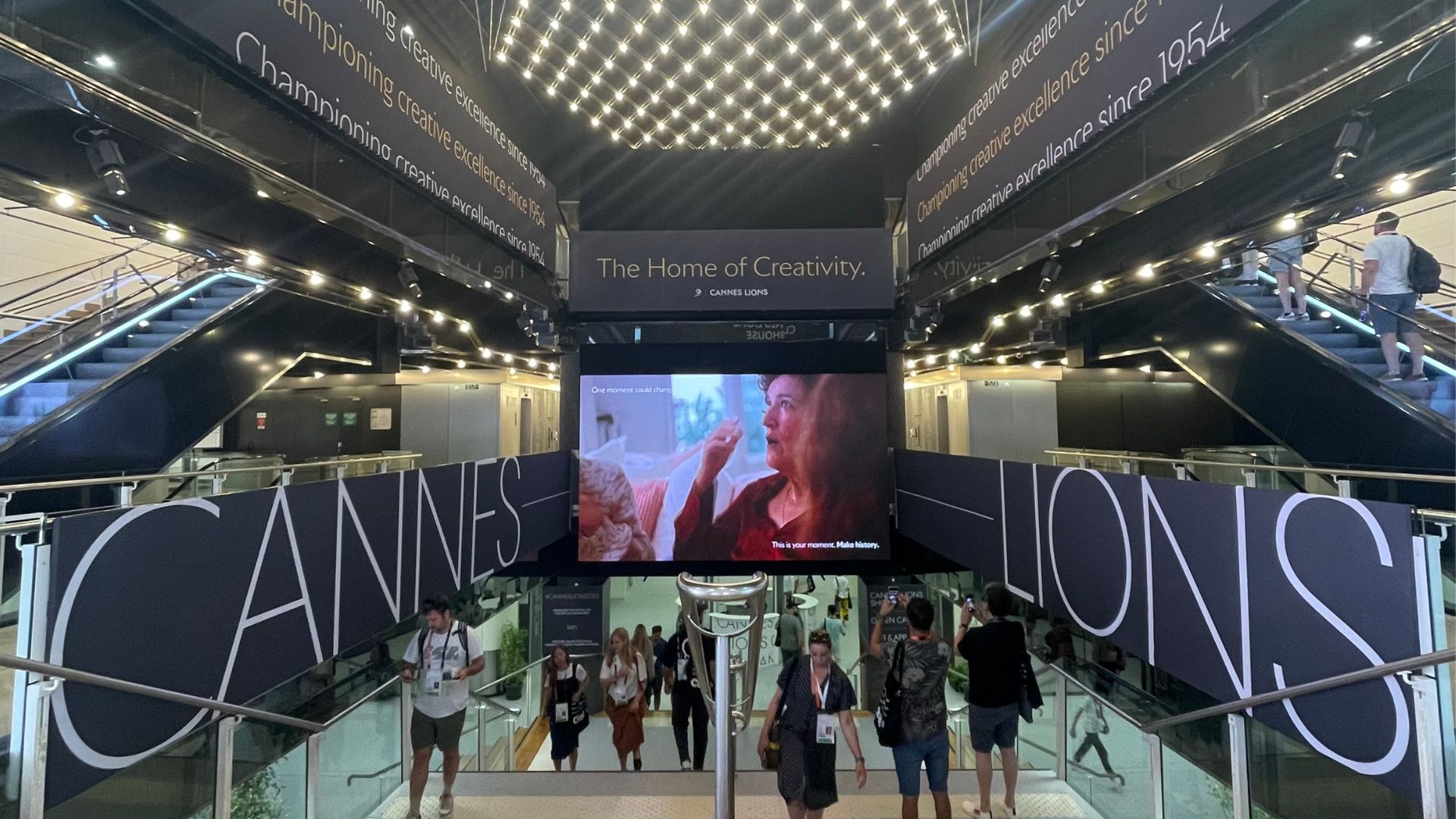 I expected Dr. Astro Teller, Captain of Moonshots at Google[x], to tell the audience at the Cannes Lions International Festival of Creativity that technology will save the world. Instead, the brilliant and riveting PhD in Artificial Intelligence told the audience of creative communicators that our services are needed more than ever.
I expected Dr. Astro Teller, Captain of Moonshots at Google[x], to tell the audience at the Cannes Lions International Festival of Creativity that technology will save the world. Instead, the brilliant and riveting PhD in Artificial Intelligence told the audience of creative communicators that our services are needed more than ever.
Communicators can help save the world, it turns out.
Dr. Teller’s Willie Wonka-esque innovation dreamland, Google[x], produced Google Glass and is hard at work on a self-driving car, and he’s convinced that their success hinges on creative storytelling.
Take the self-driving car, for example. Imagine you hear that “Google is using artificial intelligence to manufacture a vehicle that eliminates the need for human control.” Sounds like a Sci-Fi movie that ends with the eradication of mankind – cue mass hysteria and anti-robot rallies.
Now imagine you hear it like this: “34,000 people lost their lives last year on U.S. roads alone. To prevent the deaths of thousands of drivers and their families, Google is creating cars with sensors that will avoid collisions automatically.”
Which telling of the story is more likely to earn support?
A “moonshot” in Teller parlance is “a seemingly impossible and yet impossibly important idea” and moonshot thinking is starting first with the story one wants to tell, then working back to the technological solution. “The technology isn’t the moonshot,” Teller explained, “the story is.”
Google[x]’s Project Loon is an example of moonshot thinking. Instead of explaining the complex technology behind high-altitude balloons that provide internet coverage to remote regions, Google tells a story of injustice: two-thirds of the world is living without the internet. The project, no surprise, has been recognized as a huge step towards a more connected world.
As I nodded along with the rest of Dr. Teller’s audience, I realized that we no longer live in a world where “the science nerds” and “the artsy folks” hang out in separate hallways. The role of technology in peoples’ lives is growing exponentially and it is our job to help audiences relate. A great invention without a compelling story is dead in the water, much like every creative idea that is presented without emotion and drama.
Let’s start saving the world, one moonshot at a time.
This post first appeared on The Holmes Report.
Image credit: in-the-flow.com


